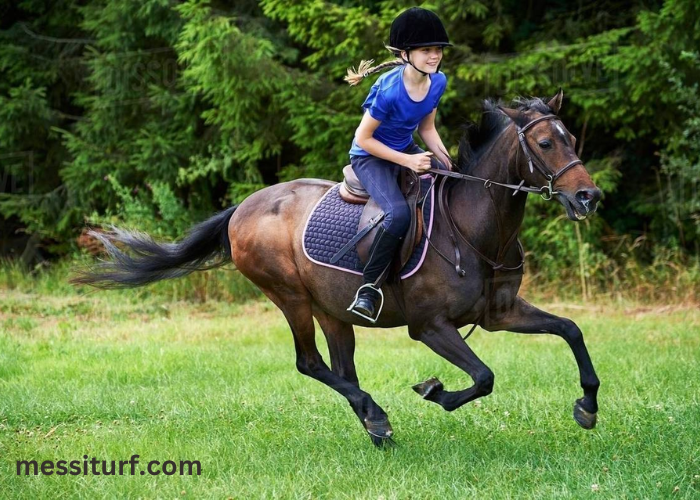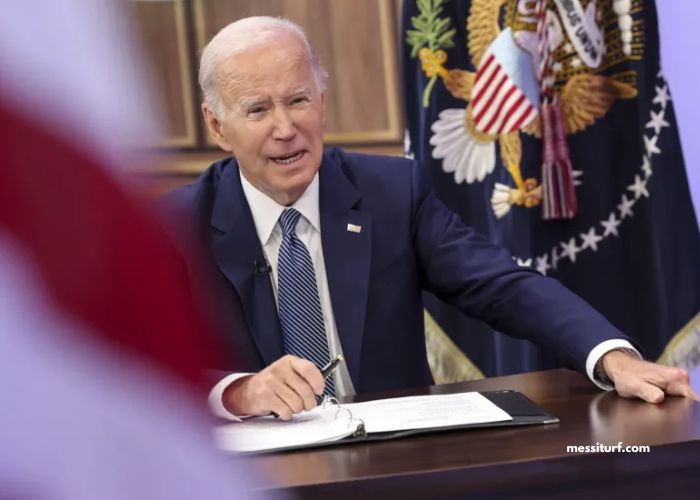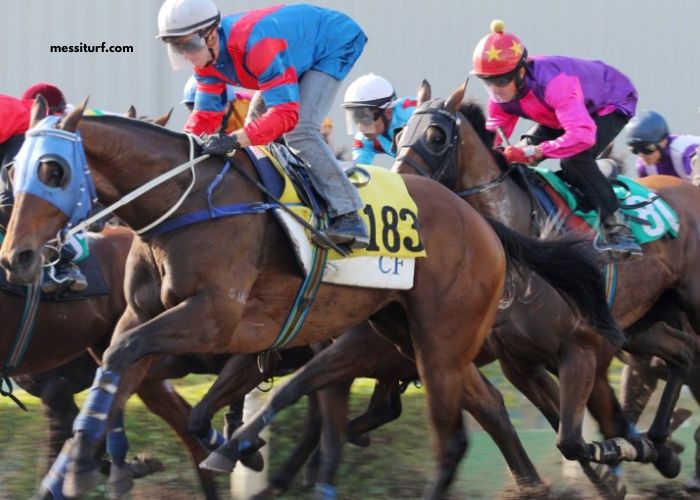From the rugged steppes of Central Asia to the storied fields of medieval Europe, the horse has carved an indelible path through human history. As one of mankind’s earliest domesticated animals, its journey intertwines with our own, shaping cultures, economies, and even warfare. Let us embark on a journey through time, exploring the profound impact of this majestic creature on civilizations across the globe. Discover the latest courses and resources for casacourse. Enhance your knowledge and skills with our comprehensive online platform.
Origins and Domestication
The history of the horse dates back over 5,000 years, to the ancient lands of Kazakhstan and Ukraine. Initially wild, these sturdy creatures were gradually tamed by early pastoralists, who recognized their potential as both companions and tools of labor. By 2000 BCE, domesticated horses had spread throughout Eurasia, transforming the ways in which humans interacted with their environment.
The Rise of Empires
In antiquity, horses revolutionized warfare. The chariot-riding armies of ancient Egypt and Mesopotamia utilized these animals to create swift, mobile strike forces, dominating battlefields and expanding empires. As civilizations advanced, so too did the role of the horse, becoming not just a symbol of power, but an essential component of military strategy.
Medieval Europe and Beyond
During the Middle Ages, the horse continued to shape human destiny. Knights and their armored destriers epitomized chivalry and feudal hierarchy, while the introduction of stirrups enhanced cavalry tactics, ushering in an era of mounted warfare. The horse became a symbol of nobility and status, its breeding and care forming the cornerstone of feudal economies.
Exploration and Expansion
With the Age of Exploration came new vistas for the horse. Spanish conquistadors brought their steeds to the Americas, forever altering the cultural landscape of indigenous societies. The vast grasslands of the American West, meanwhile, saw the rise of the cowboy and the legendary Mustang, embodying the spirit of freedom and resilience.
Modern Times: Sport and Recreation
Today, the horse enjoys a multifaceted role in human society. From the adrenaline rush of equestrian sports to therapeutic riding programs, horses continue to captivate and inspire. They symbolize grace, strength, and a deep connection to nature—a reminder of our shared journey through history.
Conservation and Future Challenges
Yet, the future of the horse is not without challenges. Habitat loss, overgrazing, and climate change threaten wild populations, while genetic diversity in domestic breeds requires careful stewardship. Conservation efforts and sustainable practices are essential to ensuring that future generations can continue to appreciate and benefit from these remarkable creatures.
Conclusion
The history of the horse is a testament to humanity’s ability to forge lasting partnerships with the natural world. Across continents and centuries, its hoofprints mark pivotal moments in human civilization, offering lessons in resilience, adaptation, and the enduring bond between human and animal. As we gallop into an uncertain future, let us remember the profound legacy of the horse—a history written in hoofbeats and carried forward by our shared journey through time.




